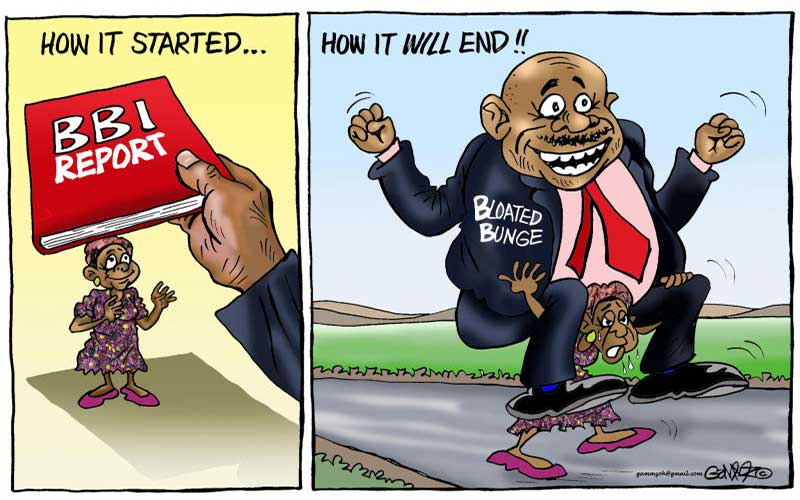×
The Standard e-Paper
Smart Minds Choose Us

The Building Bridges Initiative (BBI) is experiencing strong headwinds and despite the assurances – and denials and show of bravado mainly from the co-sponsor Raila Odinga – that all is well, the way ahead looks rough and treacherous.